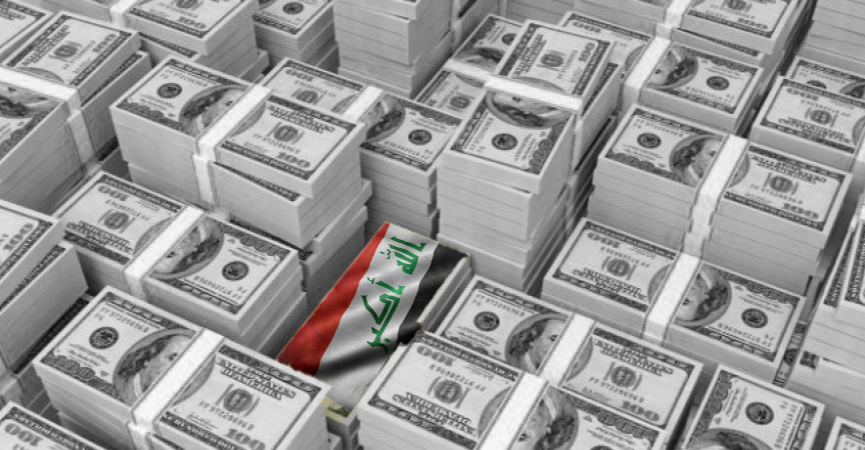Iraq’s central bank (CBI) reported that the country’s foreign forex currency reserves have declined to just under $95 billion, reflecting ongoing fiscal pressures and economic challenges.
According to official figures, the CBI’s reserves stood at $94.714 billion by the end of July, equivalent to 123.128 trillion Iraqi dinars. This represents a significant monthly drop of $2.305 billion from June, when reserves reached $97.019 billion, or 126.125 trillion dinars.
The decline continues a downward trend observed over recent months. In May, reserves were recorded at $96.799 billion (125.839 trillion dinars). On a year-on-year basis, the decrease is even more pronounced. At the end of 2024, Iraq held $100.276 billion in reserves (130.347 trillion dinars), while 2023 saw reserves at $111.736 billion (145.257 trillion dinars).
Analysts note that these figures highlight Iraq’s growing need to carefully manage its foreign currency assets amid fluctuating oil revenues, rising import costs, and budgetary pressures. The drop in reserves underscores the central bank’s ongoing challenges in maintaining liquidity and ensuring financial stability, particularly as Iraq relies heavily on oil exports for revenue.
The CBI continues to monitor economic conditions and may implement measures to stabilize the foreign currency position. Maintaining adequate reserves is essential to support import payments, defend the Iraqi dinar, and sustain confidence in the financial system.
Economic observers warn that if this forex downward trend continues, Iraq could face increasing difficulties in meeting both domestic and external financial obligations. Policymakers and financial authorities may need to accelerate fiscal reforms and diversify revenue streams to prevent further depletion of reserves and strengthen the overall resilience of Iraq’s economy.


